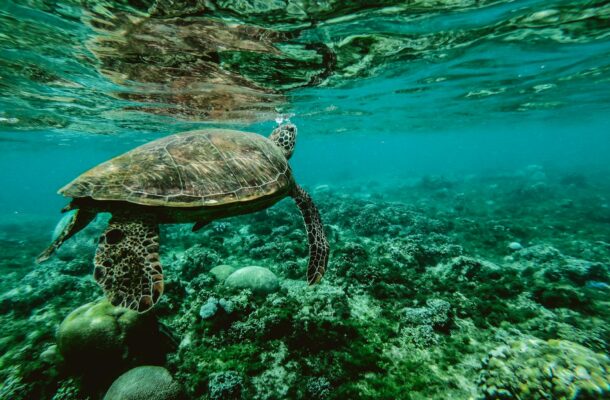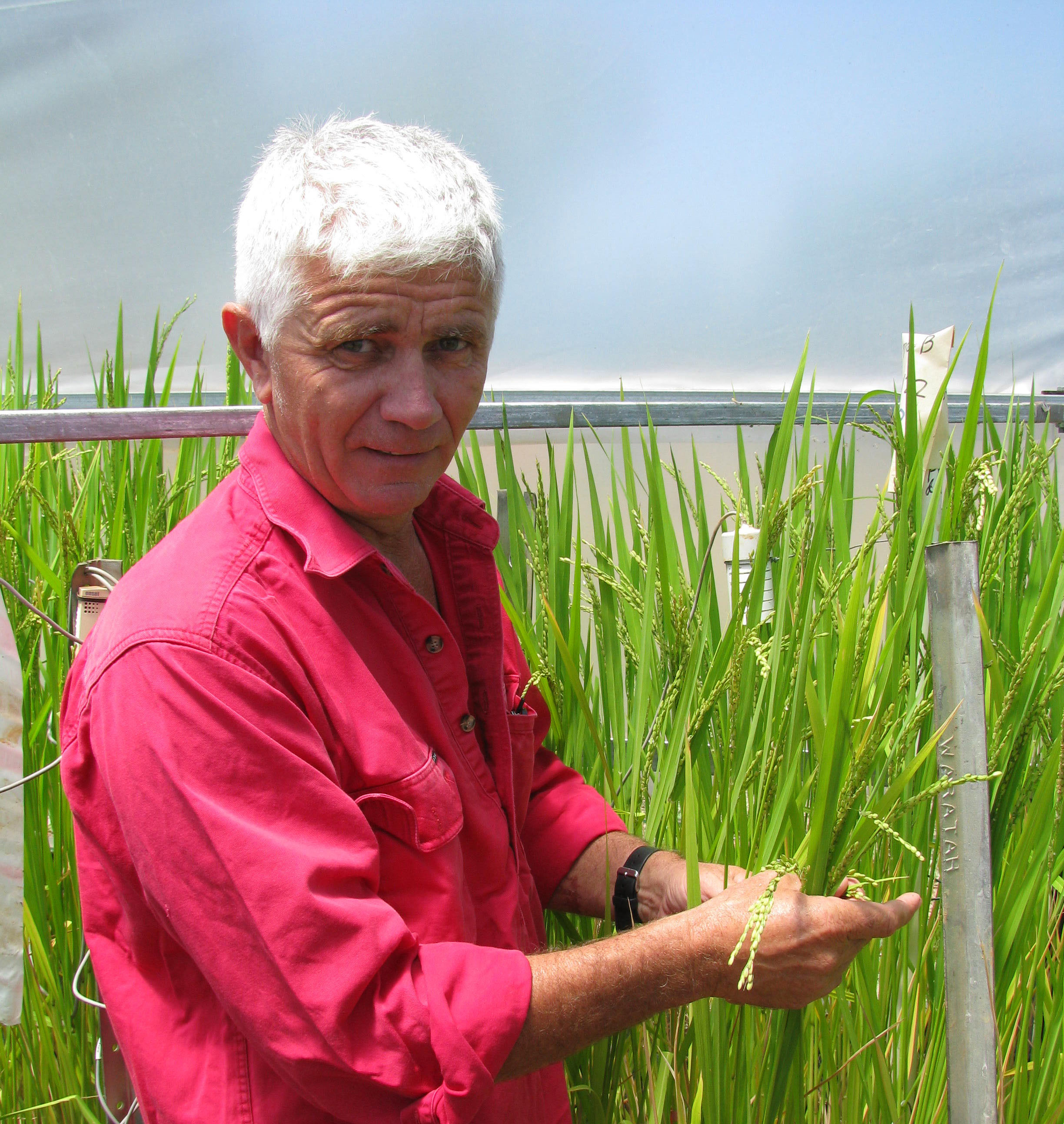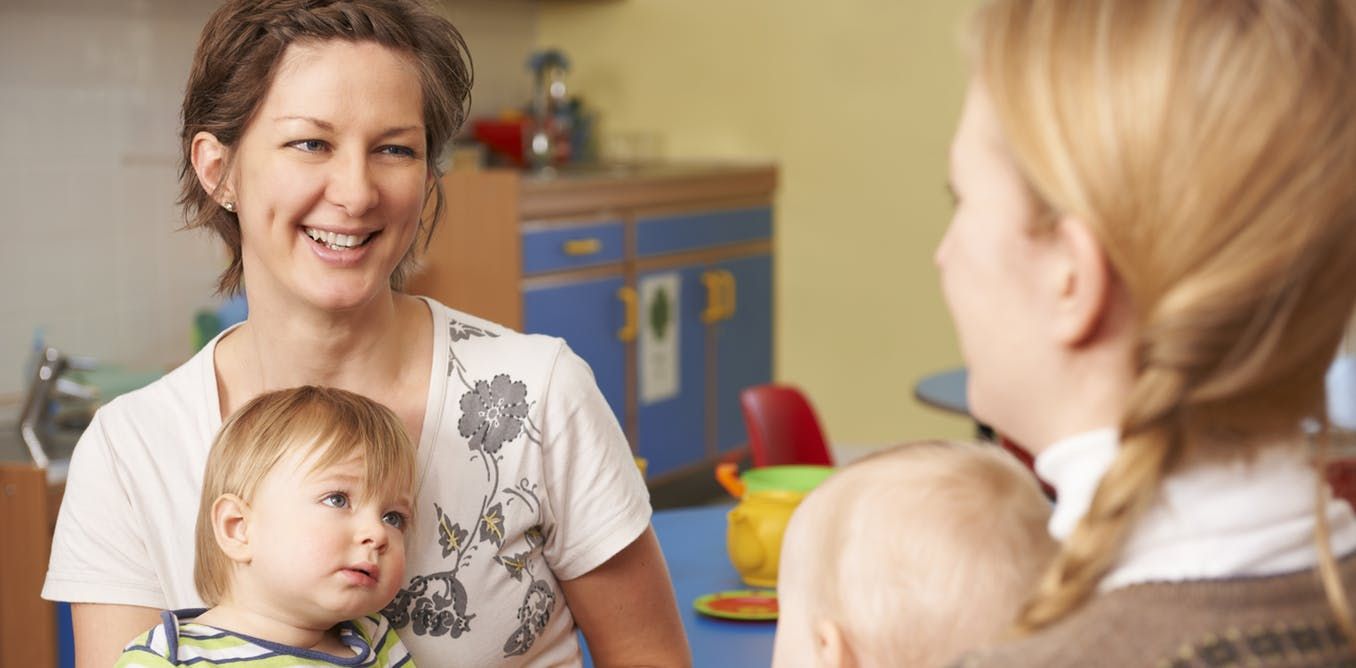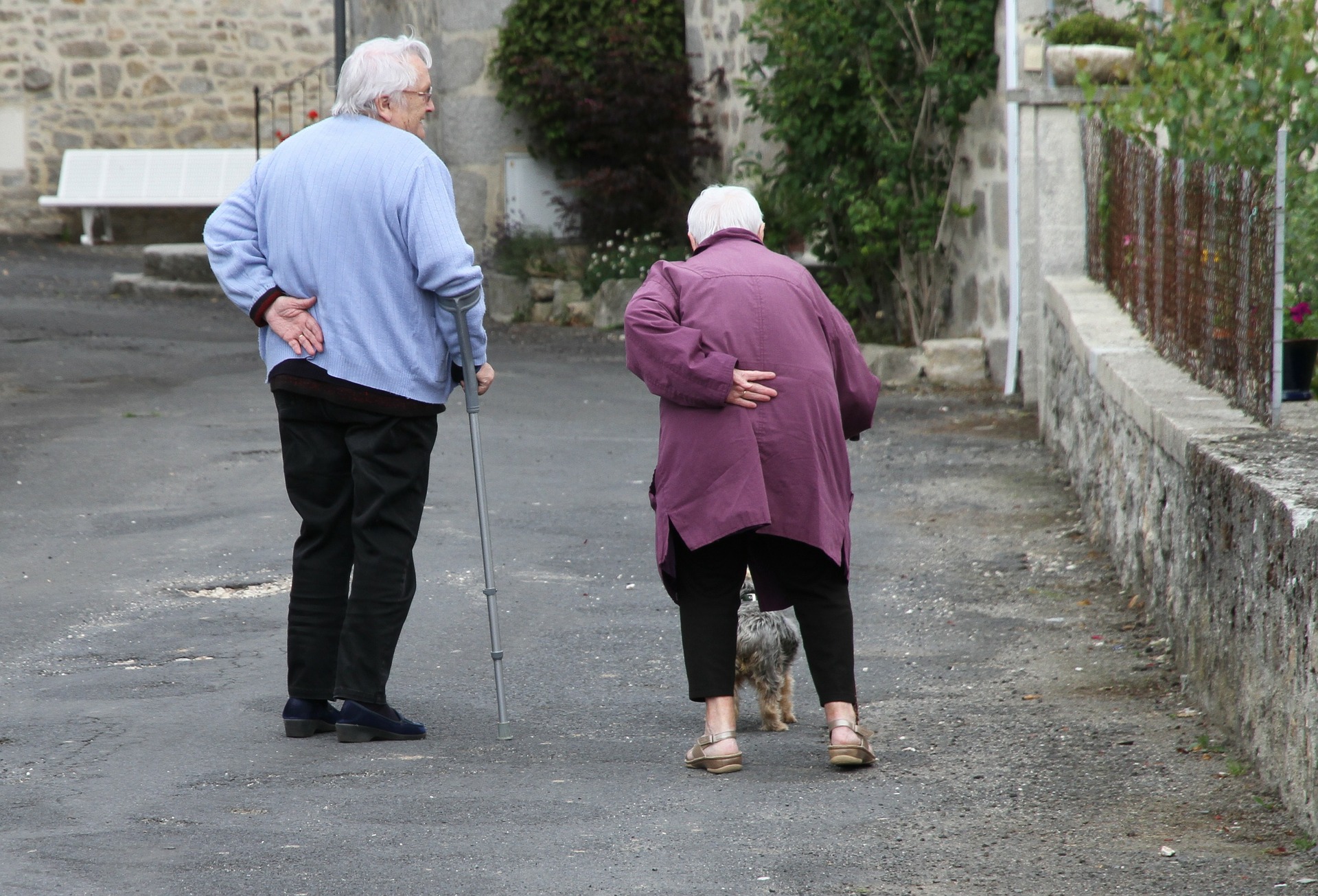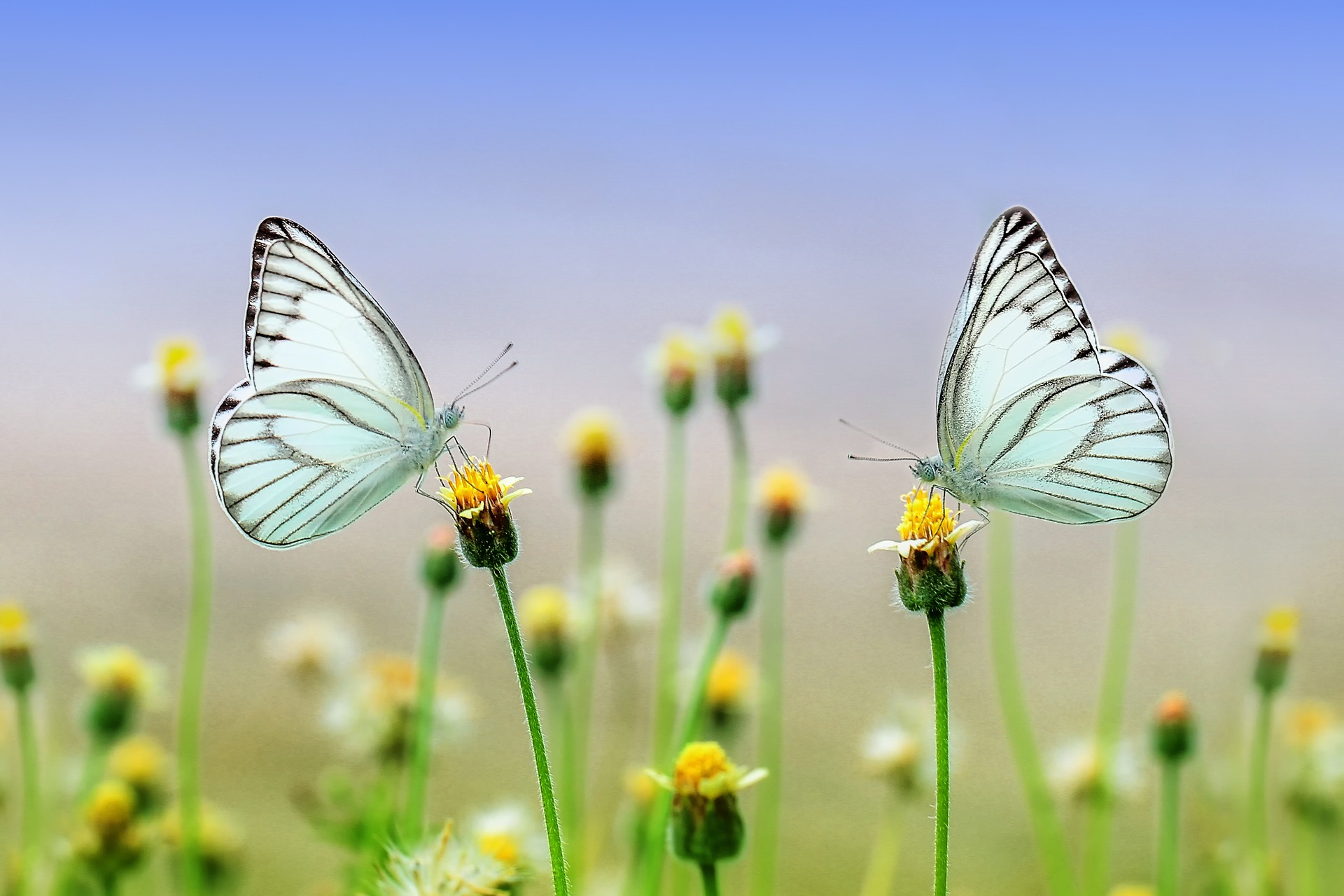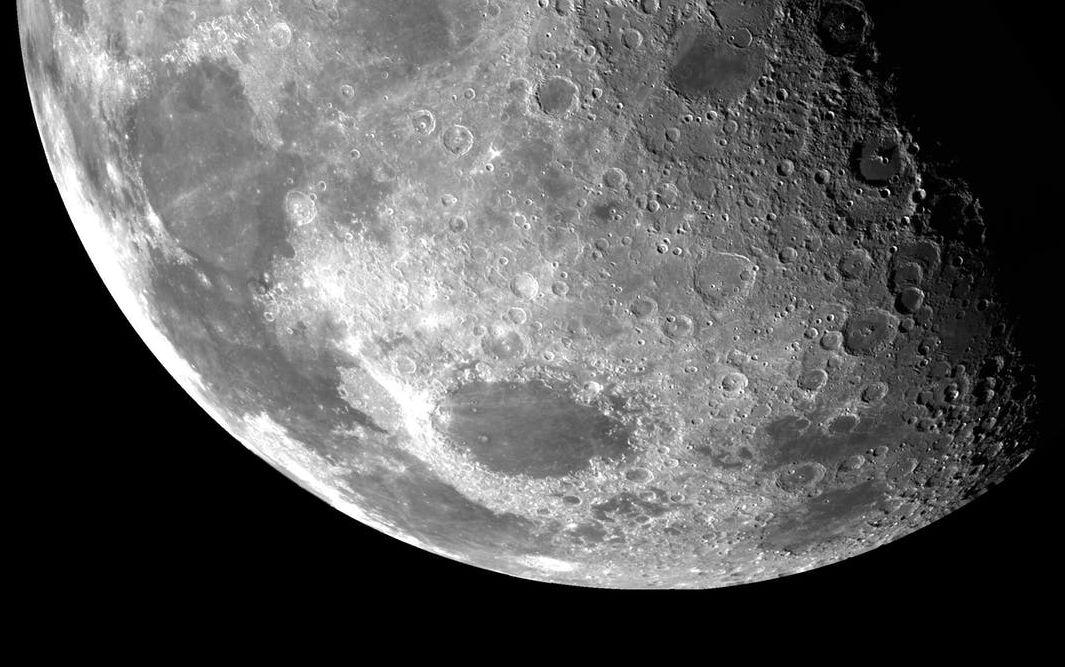Latest Story
-
The growing pains of living on the urban fringe
Melanie Lowe | February 22, 2019The voice of residents needs to be included in the planning of our conurbations as they grow, as well as the metrics of how successful we are in delivering equitable cities that foster healthy, affordable and prosperous lives for all.
-
Rethinking adolescence over time
Susan Sawyer | February 22, 2019The concept of adolescence has changed significantly in the last century and researchers are still working to improve our understanding of the contemporary complexities of this much maligned – and misunderstood – age group.
-
The difficult balancing act in the Murray Darling Basin
Phil Eberbach | February 21, 2019Low inflows of water into the Murray-Darling system and heavy agricultural extraction have contributed to the cataclysmic fish-kills of recent times, and better management of the system is required to avoid a repetition.
-
Defending the north – Then and now
Richard Brabin-Smith | February 21, 2019While most of Australia’s population lives in the south east, any threat to the country must be faced from the north, and so plans to strengthen Australia’s defences must begin there.
-
Everyone can help put the case for vaccination
Jessica Kaufman | February 21, 2019Falling vaccination rates are causing a resurgence of serious childhood diseases, but parents as well as doctors can help reverse the trend by advocating for immunisation.
-
Did renewables or coal fail in Victoria?
Peter Farley | February 20, 2019Despite the perception that renewable energy faltered during the recent power crisis in Victoria, In fact it was the opposite, with wind and solar maintaining their performance and coal letting consumers down.
-
The puzzles of a post-American world
Graeme Dobell | February 20, 2019Donald Trump’s ‘America First’ policy is a declaration that the hegemon is declining back to the status of normal big power, worried more about itself than the nature of the international system. Far from making America great again, Donald Trump is the first President of the post-American world.
-
Preserved leaves tell a tale of floods and drought
Open Forum | February 20, 2019A study by University of Adelaide researchers and Queensland Government scientists has revealed what south-east Queensland’s rainfall was like over the last 7000 years – including several severe droughts worse and longer lasting than the 12-year Millennium Drought.
-
Why we should consider paying children to learn
Richard Holden | February 19, 2019Research shows small financial incentives for doing maths homework can increase maths achievement, but paying children to complete schoolwork raises some tricky ethical as well as practical questions.
-
Morning exercise improves brain health in overweight older adults
Open Forum | February 19, 2019A morning bout of exercise can reduce the detrimental impact on brain blood flow caused by prolonged sitting in older adults who are overweight or obese.
-
Insect populations face catastrophic collapse
Open Forum | February 19, 2019A research review into the worrying decline of global insect populations has revealed the catastrophic threat posed to 40 percent of species over the next 100 years, with butterflies, moths, dragonflies, bees, ants and dung beetles most at risk.
-
Could Australian join the race to mine the moon?
Andrew Dempster | February 18, 2019It’s 50 years since man first stepped on the Moon. If and when we return, the plan is not to leave footprints, but to mine it for resources, so what contribution can Australia make towards this goal?


